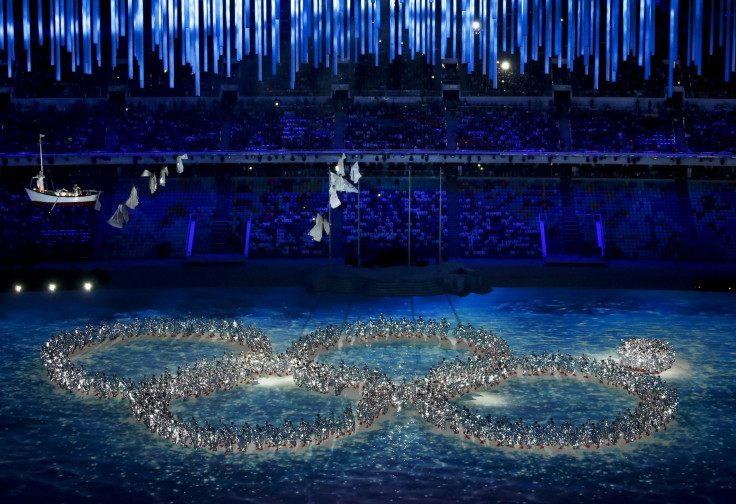Russian Athletics Doping Scandal: WADA Report Recommends Suspension For Country, Alleges Systematic Cheating

A report from the World Anti-Doping Agency (WADA) recommended that Russia should be suspended from athletic competition after it found a systematic doping program that involved some of the country's sports officials, the New York Times reported Monday. The report implicated a number of top athletes, coaches, trainers, doctors and Russian institutions, including the country’s anti-doping agency.
The independent commission examined allegations of cheating and cover-ups in Russian athletics, while also implicating the world governing body International Associations of Athletics Federations. The report, along with suggesting Russia's suspension, recommended five athletes and five coaches get lifetime doping bans, according to the BBC. WADA said the alleged cheating from Russia materially affected competitions.
The report said the 2012 London Olympics were “sabotaged” by the “widespread inaction” against Russian athletes with suspicious doping profiles by both the world governing body and the Russian Federation, according to the Guardian. A number of Russian athletes suspected of cheating could have been prevented from competing in the 2012 games but instead encountered “the collective and inexplicable laissez-faire policy” adopted by the IAAF and the Russian Federation. The report also implicated an accredited laboratory in Moscow that was in charge of the testing for the 2014 Winter Olympics in Sochi, Russia. WADA said in the report that it had “turned over considerable data and information to Interpol that tends to demonstrate criminal conduct.”
World Anti-Doping Agency: 'Moscow destroyed doping samples to deny evidence for inquiry' https://t.co/P5jHPAjkIe pic.twitter.com/nzb45nWl8p
— Sky News (@SkyNews) November 9, 2015Russian athletes have, in recent years, been caught doping in numbers far outpacing other countries. Russia accounted for 225 drug violations in 2013 -- or 12 percent of all global infractions -- according to WADA data, via the Times. About one-fifth of Russia's infractions involved athletes participating in track and field, which was the focus of the report released Monday.
“This level of corruption attacks sport at its core,” Richard H. McLaren, a Canadian lawyer and co-author of the report, said to the New York Times. He told the paper Russia's alleged actions affect the actual results of the games, compared with recent corruption scandals that have rocked, for instance, world soccer's governing body FIFA. “Bribes and payoffs don’t change actual sporting events,” McLaren said to the Times. “But doping takes away fair competition and an equal playing field.”
The report was a result of a 10-month investigation by an independent commission of WADA that was mandated to determine the accuracy of allegations made last year by a German documentary about Russian athletics.
© Copyright IBTimes 2024. All rights reserved.












